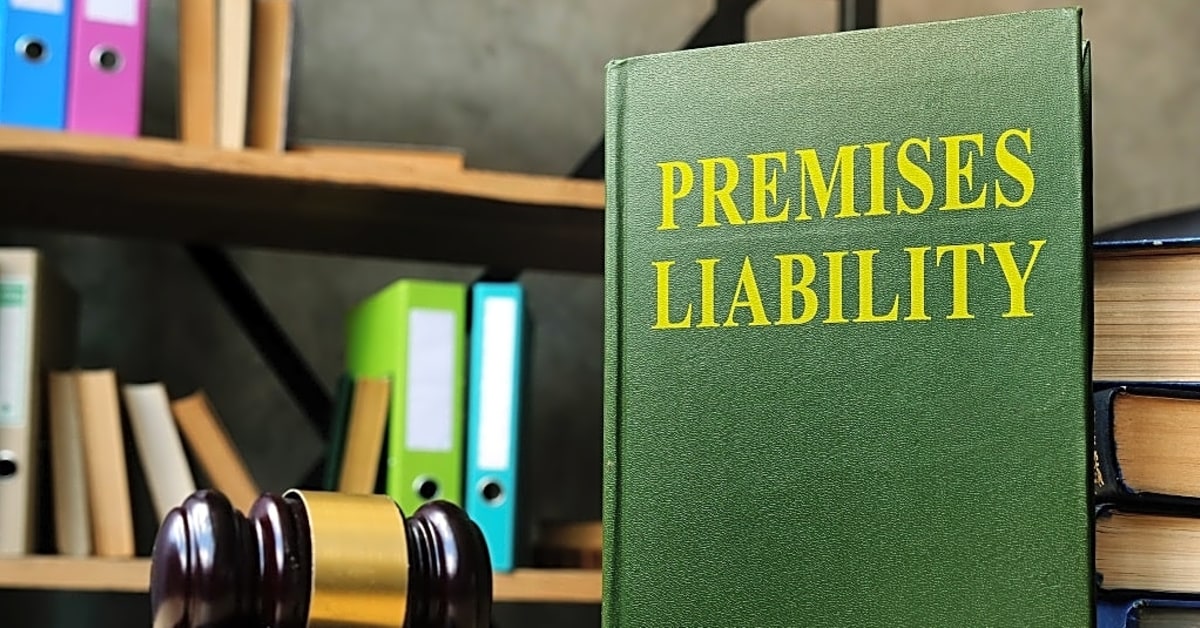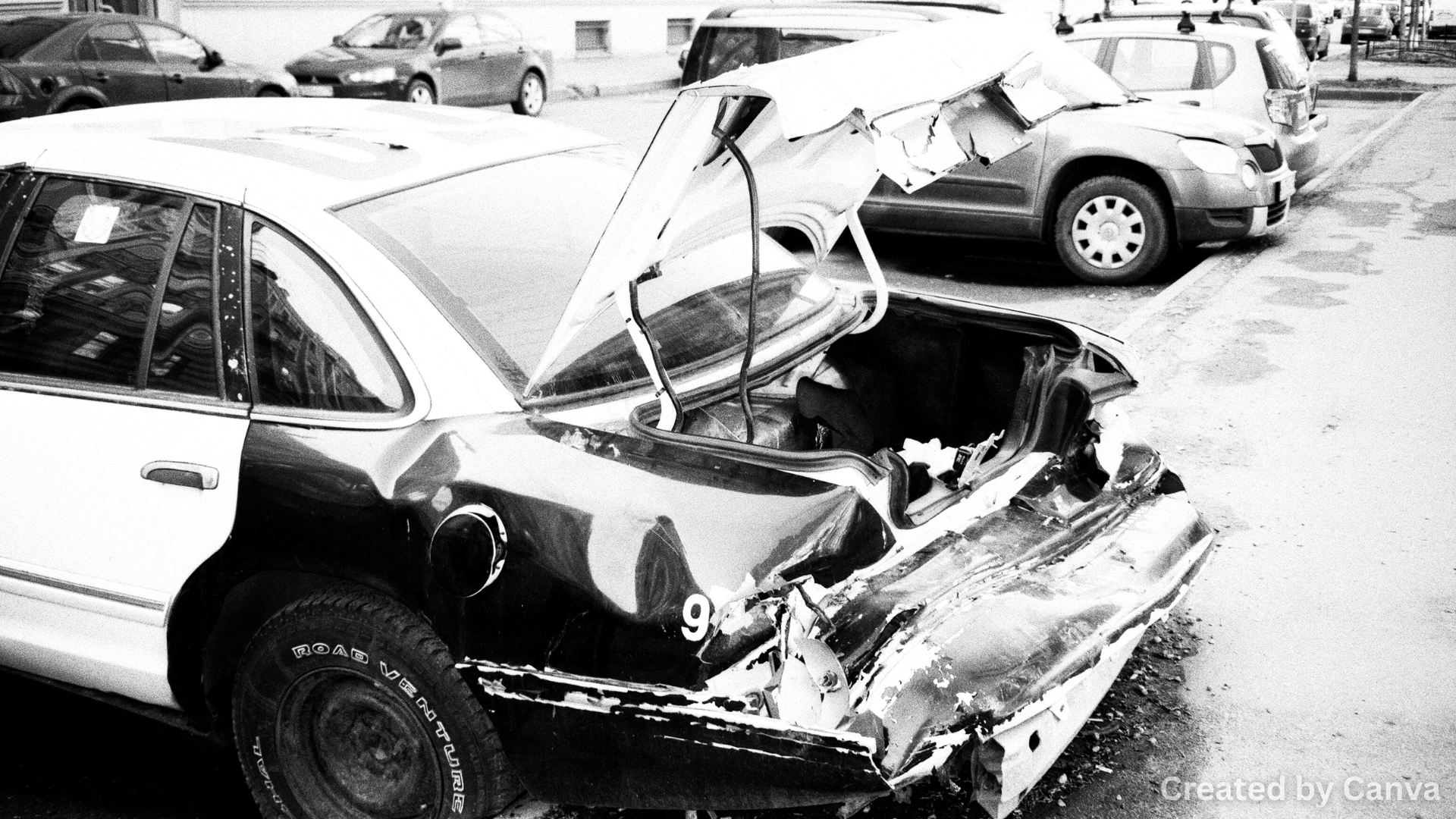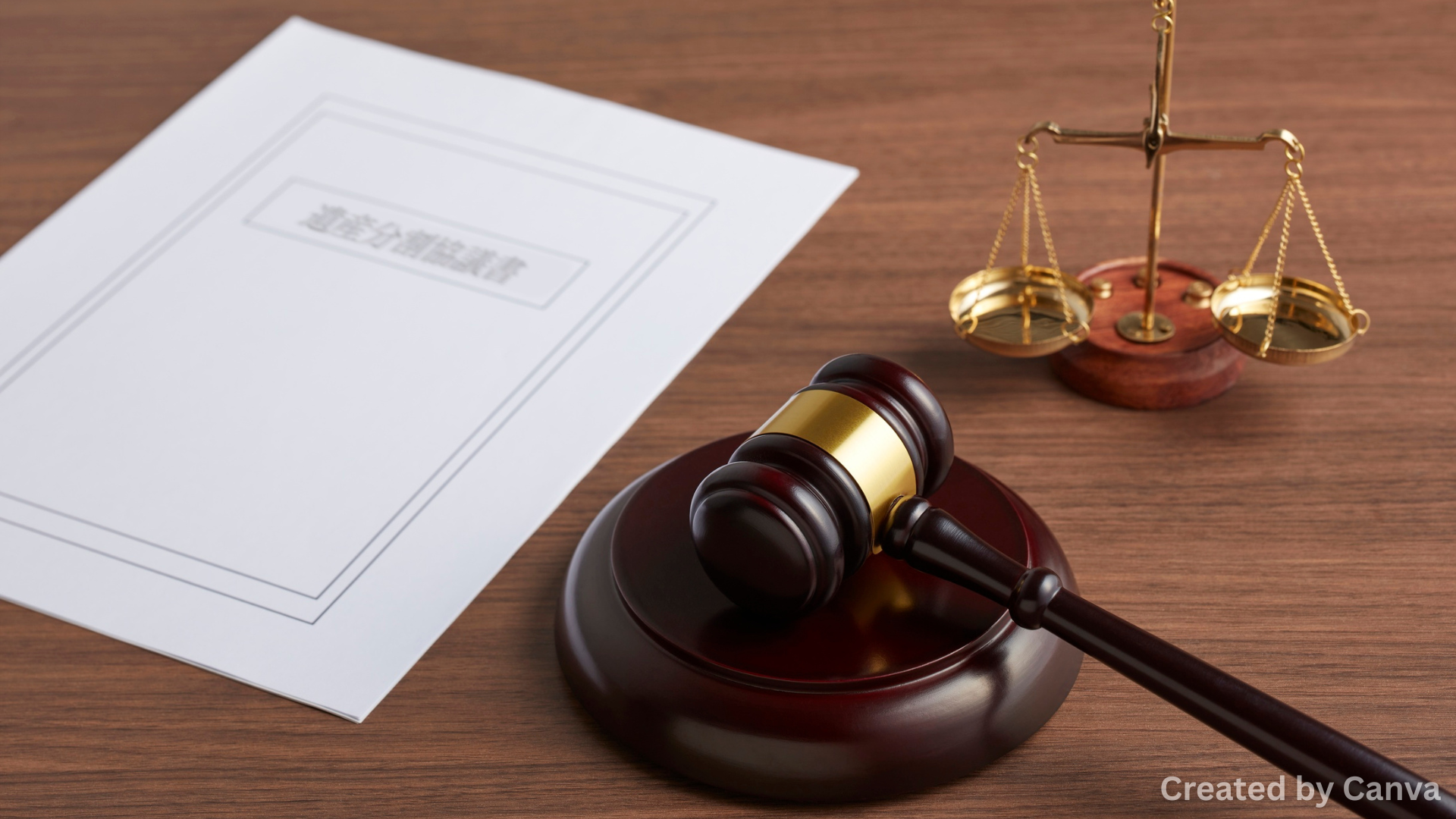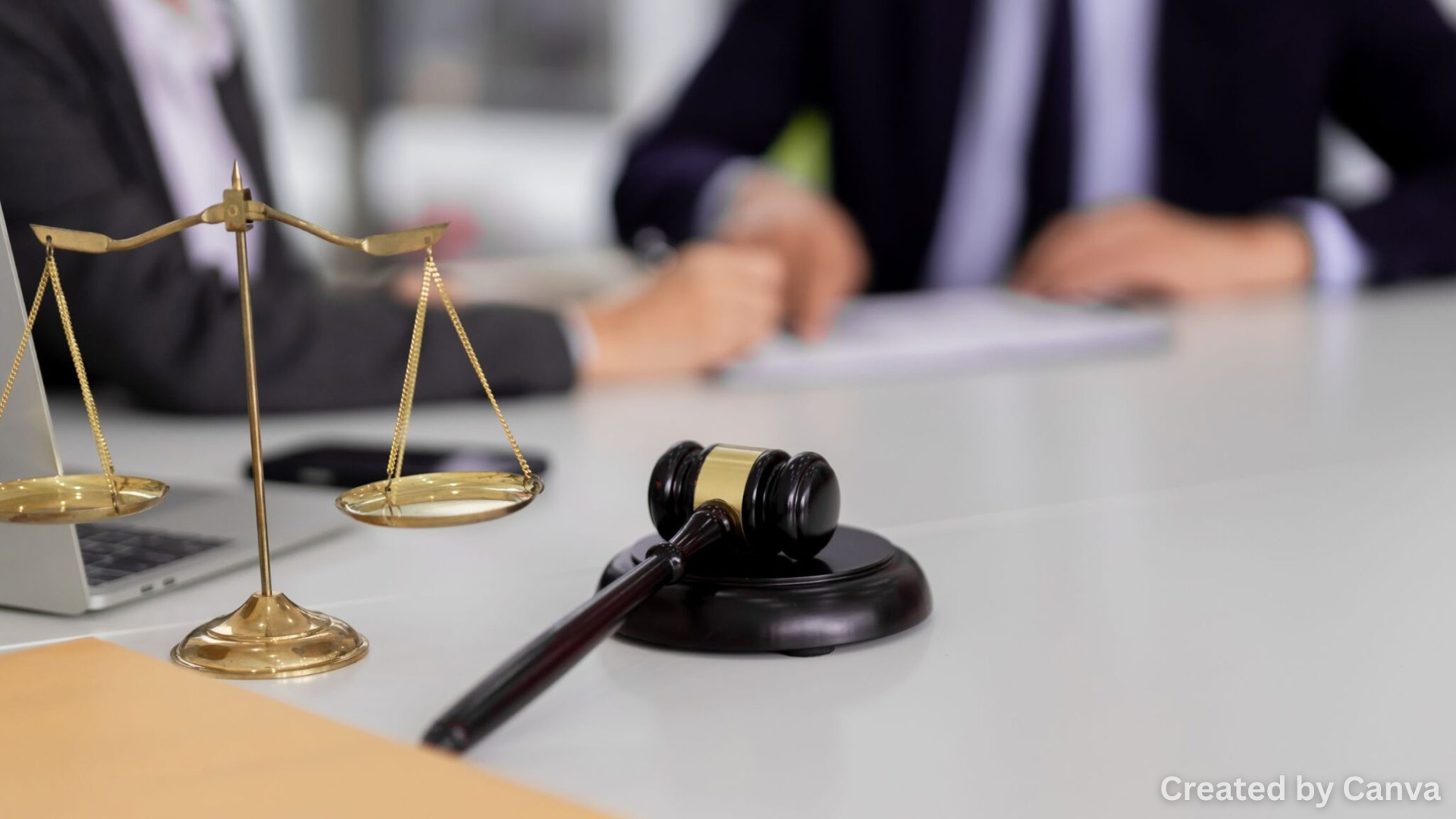By working with Villasenor Law Firm, clients get the inside information they need to conclude their claim successfully. Many insurance companies attempt to settle premises liability claims quickly by offering an initial lowball settlement. Many insurance companies attempt to settle premises liability claims quickly by offering an initial lowball settlement. Understanding the principles of premises liability and the legal process for filing a claim can help you protect your rights and obtain the support you need to recover.
Many insurance companies attempt to settle premises liability claims quickly by offering an initial lowball settlement. Even if the animal is a pet that’s normally friendly, it might still behave unpredictably at times. Property owners and occupiers must maintain their premises in a reasonably safe condition and warn visitors of any known hazards. Negligence is simply the failure to act as a reasonably careful person would act in similar circumstances.
You need to have experienced counsel on your side, someone who can anticipate and head off problems before they destroy your premises liability claim. The first and second elements normally are the most difficult, so let’s have a closer look at them. Comparative negligence means that the court will consider the percentage of fault attributed to each party and adjust the final compensation accordingly. As a general rule, a landowner must warn licensees of a dangerous condition on the property if the owner knows of the condition and the licensee isn’t likely to discover it.
Premises liability is a subset of personal injury law that holds property owners responsible for injuries sustained by individuals on their property due to unsafe or hazardous conditions. For example, if a property owner rigs a gun to fire when a trespasser opens a door, that sort of intentional or reckless misconduct will make the landowner liable for resulting injuries. Whereas Tennessee only allows 1 year to file a claim. Unfortunately, once a victim accepts a settlement, they waive their right to pursue further compensation, even if their medical expenses turn out to be higher than expected.
An invitee—sometimes known as a business invitee—is a person who the property owner invites to enter a property, usually for a business purpose. Premises liability claims can arise from various situations, and understanding these common scenarios can help multifamily property owners take preventative measures to mitigate injury risks. An animal can be a dangerous condition. Remember that each case is unique, and an attorney can provide tailored guidance based on the facts of your situation.
Not every injury that occurs on someone else’s premises is grounds to file a premises liability lawsuit. If there was a duty, and if the property owner failed to act as a reasonably careful person would (in legal terms, the property owner “breached” the duty of care), then the property owner was negligent. As a result, the specific obligations owed to these individuals differ, affecting how premises liability claims are evaluated. Premises liability holds property owners and occupiers responsible for injuries that occur on their property due to unsafe conditions.
Contrary to some beliefs, a slip-and-fall case is no guarantee of success. Some states follow stricter rules and may not allow you to receive any compensation for your injuries, even if you are only 1% at fault. A licensee is someone who has the property owner’s permission to be on the property, like a social guest. Property owners owe a high duty of care to invitees; this duty generally includes inspecting and maintaining the premises and addressing potential hazards.
This concept is often referred to as “comparative negligence” or “contributory negligence,” depending on the legal framework in your state. Most premises liability claims happen because the property owner was negligent. In some cases, accident victims and property owners may be able to work out the issue through premises liability settlements and negotiation. If you have been injured on someone else’s property in Illinois, you may be entitled to pursue a personal injury claim to seek compensation for your damages.
This includes taking photographs or videos of the hazardous conditions that led to the accident. A landowner must warn invitees of a dangerous condition that the owner knows or should know about, if an invitee isn’t likely to discover it. A skilled premises liability lawyer will assess the circumstances, gather evidence, and advocate on your behalf to prove that the property owner was negligent. They count on victims being in a vulnerable financial state, hoping they will accept a fast payout without realizing the full extent of their damages.
For example, if you are found to be 20% at fault and the property owner is 80% at fault, your compensation may be reduced by 20%. A skilled premises liability attorney fights back by gathering and presenting strong evidence to counter these claims. The statute of limitations for filing a premises liability claim varies by state. Examples include store customers or visitors to a professional office building.
Additionally, collect the contact information of any witnesses who can testify to what they saw. Initial Consultation and Investigation Filing an Insurance Claim or Lawsuit After ensuring everyone’s safety, it’s important to document the scene as thoroughly as possible. If you think you’ve got a premises liability claim, be prepared. For example, in Alabama and Florida, it is 2 years from the date of the incident.
Without legal representation, victims may struggle to navigate the process and risk being taken advantage of by insurers. But a premises liability claim can arise when a property owner intentionally or recklessly allows a dangerous condition to exist on their property. Liability for animal attacks varies by state, but pet owners often have a duty to restrain animals or to warn visitors that the pet might attack or act aggressively, particularly if it’s happened before. It’s crucial to consult with an attorney promptly to avoid missing the deadline for the state where your injury occurred.
However, it’s crucial to consult with an experienced premises liability attorney in your area to understand how the specific laws and legal principles apply to your case. If an accident or incident resulting in injury or death occurs on-premises, the owner’s insurance provider will process and investigate your claim.
How long does a premises liability lawsuit take?
Factors affecting timeline include case complexity, severity of injuries, insurance company cooperation, court schedules, and settlement negotiations. In addition, understanding the factors that influence how long your case could go on will also help you be realistic about when you will be able to put this accident behind you. A typical premises liability claim can take anywhere from a few months to a few years to settle, depending on the circumstances in the case. While there are no specific rules or timelines for settling these cases, an experienced premises liability attorney can give you an idea of how long your case will take to complete.
One of the most common questions accident victims have once they decide to file a claim is how long it will take to resolve their claim and receive their settlement money. A lot goes into preparing for trial, and once the case goes to court, it could take days or months to complete.
What evidence is crucial in a premises liability case?
For instance, if a property owner was aware of a wet floor or a broken sidewalk but failed to address the issue in a timely manner, maintenance records may reveal that the hazard went unaddressed. Proving fault for premises liability requires solid evidence that will stand up under the scrutiny of a judge or jury. Your best chance of obtaining that evidence is working with an experienced lawyer who can perform a thorough investigation into the incident. On the other hand, if maintenance records show that inspections or repairs were inadequate or missed, this could support a personal injury claim of negligence.
A skilled attorney can obtain that evidence and make sure evidence is preserved so it will be admissible in court. They may provide information about how long the hazard was present before the accident or whether the property owner had been notified of the issue prior to the fall. Surveillance footage recorded before the accident can also be used to show that the property owner had knowledge of the dangerous condition. In addition to eyewitness testimony, testimony from employees or other individuals familiar with the property’s maintenance or safety practices can also be useful.
Conversely, weak or insufficient evidence can result in dismissing a case or a decision in favor of the defendant. The strength and credibility of the evidence presented can significantly influence the outcome of a premises liability case.
How to sue for premise liability?
A premises liability claim is a legal case you can file a lawsuit if you sustained injuries on someone else’s property due to unsafe conditions. In most states, the standard for admitting the photos into evidence is do they accurately reflect the scene at the event. A premises liability invitee can be a business visitor who comes in response to an invitation issued by the property’s owner, or a customer who comes in response to a general invitation by a business such as a department store that is open to the public. If the defendant bears liability for dangerous premises, the next step is typically settlement negotiations.
The key legal principle in Florida premises liability claims is whether a property owner violated their duty of care toward a visitor. In the personal injury context, a succinct premises liability definition is, “The liability that the owner (or occupier) of land bears for an injury that someone suffers because of an unsafe condition on their property. If the owner of the place where you suffered your injury was at fault for the accident, you might be eligible to file a premises liability claim for compensation. An experienced premises liability attorney such as those at Commonwealth Law Group can both help you determine whether you have a case, and prepare your case to give you the best chance of success.
The usual deadline to file a premises liability lawsuit in Florida is two years from when you got hurt. In a premises liability case, immediately at the time of the incident, photos should be taken of the condition of the premises. The client or person who took the photographs can testify and the photos can be admitted through these witnesses at the time of trial. The first step in the process of filing a premises liability claim may not actually be filing the claim.
You can also sue for premises liability accidents that happened to a close family member in the event that the victim of the accident is deceased. To prove a premises liability claim, you must show the property owner was negligent and that their carelessness caused your injury. So you and your personal injury lawyer have determined that you have a case for a premises liability lawsuit and have decided to move forward.








